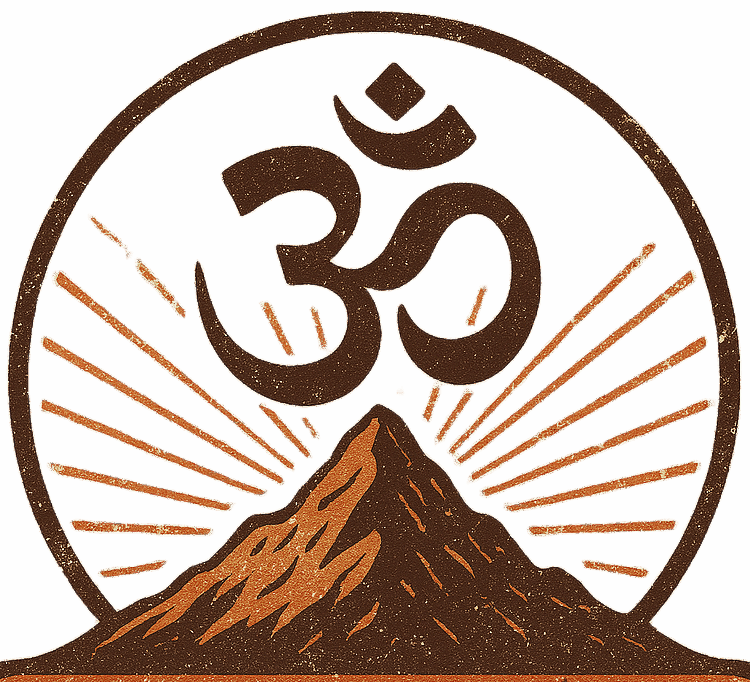Real strength begins when comfort ends. The moments of resistance—when the body is tired, the mind restless, or the goal distant—are where development actually happens. Exercise physiology, neuroscience, and ancient yoga agree on one thing: controlled stress is transformation. Without challenge, there is no adaptation; without pressure, potential remains dormant. The art is not avoiding exhaustion but learning to work skillfully within it.
Modern science calls this hormetic stress—a small, intentional strain that forces the system to grow stronger. In physical training, it’s the principle behind progressive overload. In mental work, it’s the tension that sharpens concentration. Researchers at the University of California, Berkeley found that brief, manageable stress increases neurogenesis—the growth of new brain cells—in the hippocampus. Too little challenge breeds stagnation; too much causes breakdown. Growth happens in the interval between.
The body reads all stress as energy demand. When you push through fatigue consciously—whether finishing a set, holding a posture, or completing a difficult task—the nervous system reorganizes itself to meet that demand more efficiently next time. This is the foundation of discipline: teaching the mind that effort is not danger. The hormone cortisol, demonized as toxic, in short bursts is catalytic. It heightens attention, mobilizes fuel, and signals the body to adapt. Studies in Frontiers in Behavioral Neuroscience show that people who face manageable stress recover faster and think more clearly under future pressure. The key is dosage and recovery—stress as signal, not habit.
Focus is the tool that refines this energy. Concentration—the ability to stay on one task despite discomfort—acts like a lens. When attention narrows, perception intensifies; when it scatters, effort diffuses. Neuroscientist Andrew Huberman describes focus as “a self-generated spotlight.” Each time you sustain it, the frontal cortex strengthens its control over impulsive networks. Even five minutes of undistracted work trains the brain for longer endurance later. Concentration, like muscle, grows through repetition under mild strain.
Ancient yoga codified this principle in the word tapas, literally “heat.” Tapas is the disciplined friction that burns inertia. It’s not punishment; it’s purification through consistent effort. You light tapas every time you rise before you want to, hold a stretch past ease, or return to a project after failure. The heat created is both metaphorical and biological—adrenal activation, increased metabolism, heightened focus. Practiced steadily, it refines will into clarity. The Yoga Sutras of Patanjali describe tapas as the root of self-mastery: the willingness to endure short-term discomfort for long-term freedom.
Discipline is not rigidity; it’s rhythm. Push, rest, push again. Muscles grow in recovery, and attention renews in silence. The goal is not constant strain but the intelligent alternation of effort and ease. Productivity research mirrors this: ultradian rhythms—natural 90-minute cycles of focus followed by rest—optimize performance. Ignoring these rhythms leads to burnout; respecting them turns work into sustainable training. The same principle applies to exercise, art, or study.
When exhaustion arrives, don’t retreat immediately. Pause, breathe, and sense whether it’s depletion or resistance. True fatigue dulls perception; resistance sharpens it. One requires rest; the other requires courage. Learn the difference. Finishing the last repetition, the final paragraph, or the last five minutes of practice rewires confidence more than any easy session. Each completion tells the brain a story: I can do difficult things and survive. That story becomes identity.
The positive face of stress is vitality. A body and mind exposed to controlled challenge become more alive, more flexible, and less fragile. Tapas is not about pain; it’s about continuity. Every time you cross the small threshold of resistance, you accumulate strength in attention and will. Over weeks and years, that persistence becomes serenity—the calm of one who knows their own endurance.
In a world that sells comfort as happiness, discipline is rebellion. Not the grim discipline of denial, but the luminous one of participation—the willingness to meet effort with breath and focus. Push a little past what’s easy, then rest completely. Repeat until the boundary between work and meditation disappears. Tapas is not what burns you out; it’s what burns you clean.

